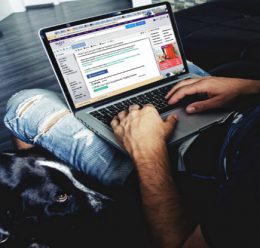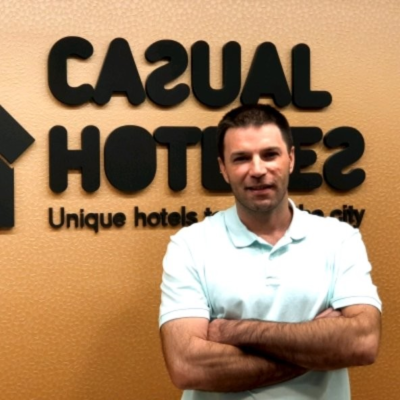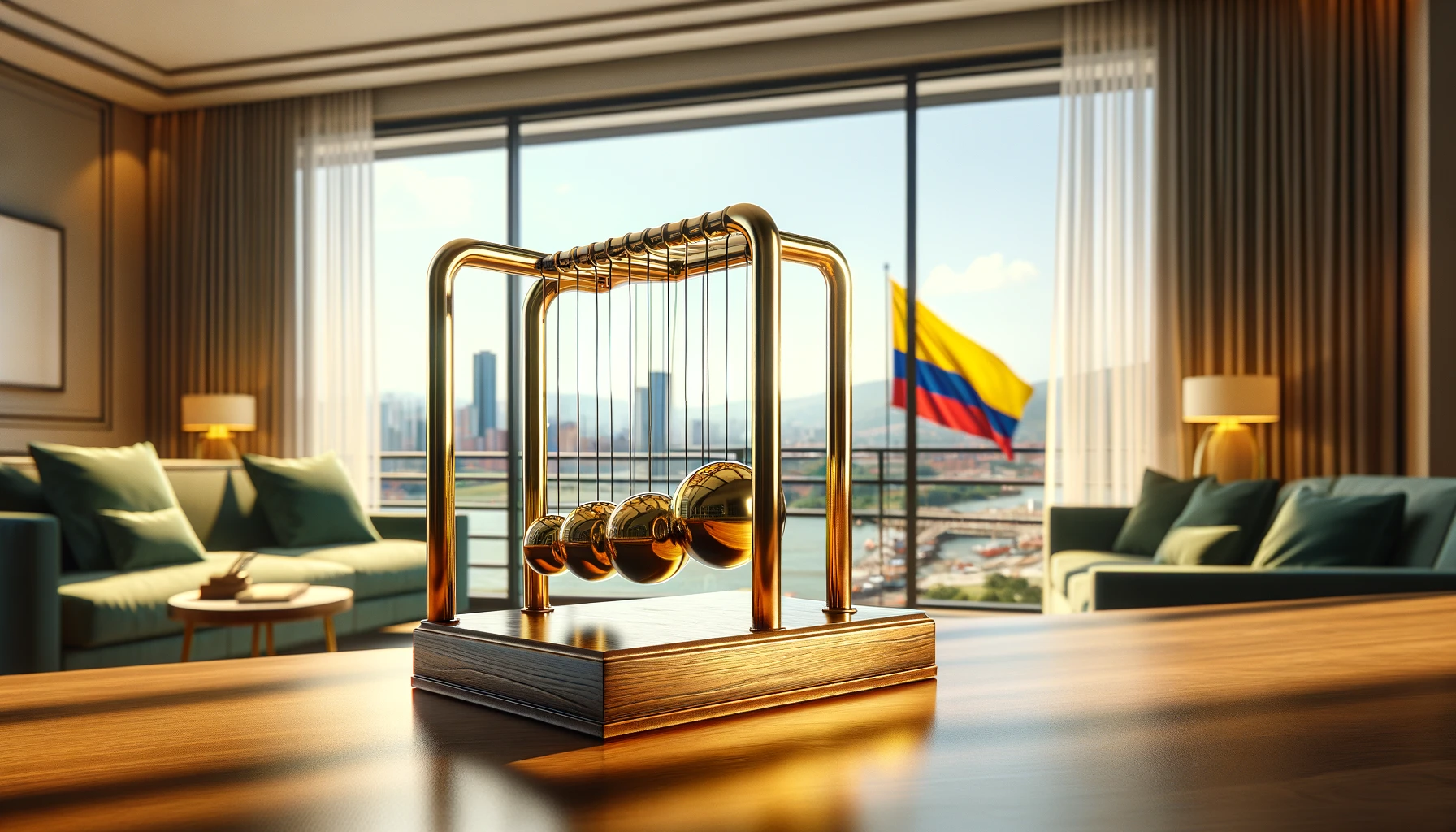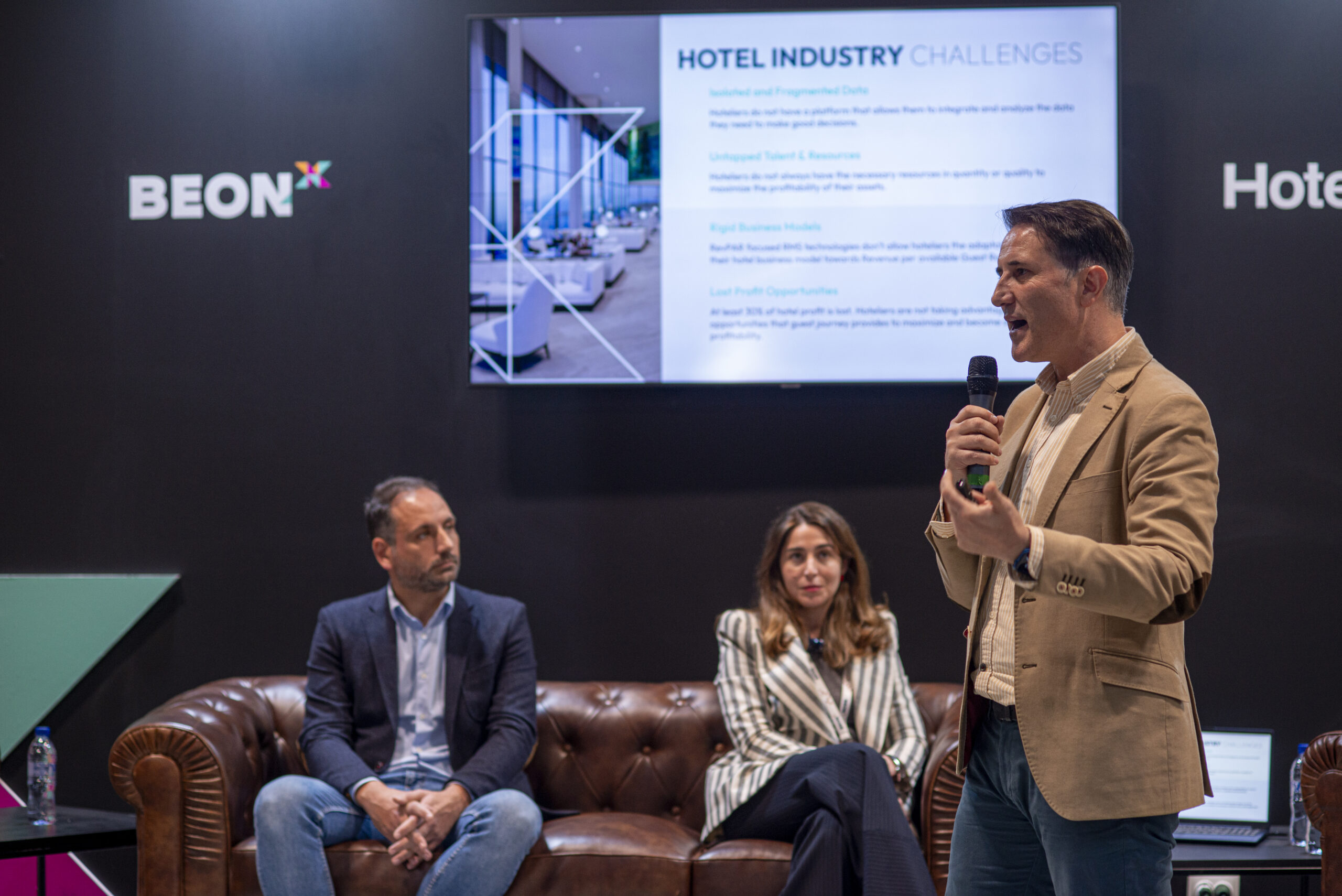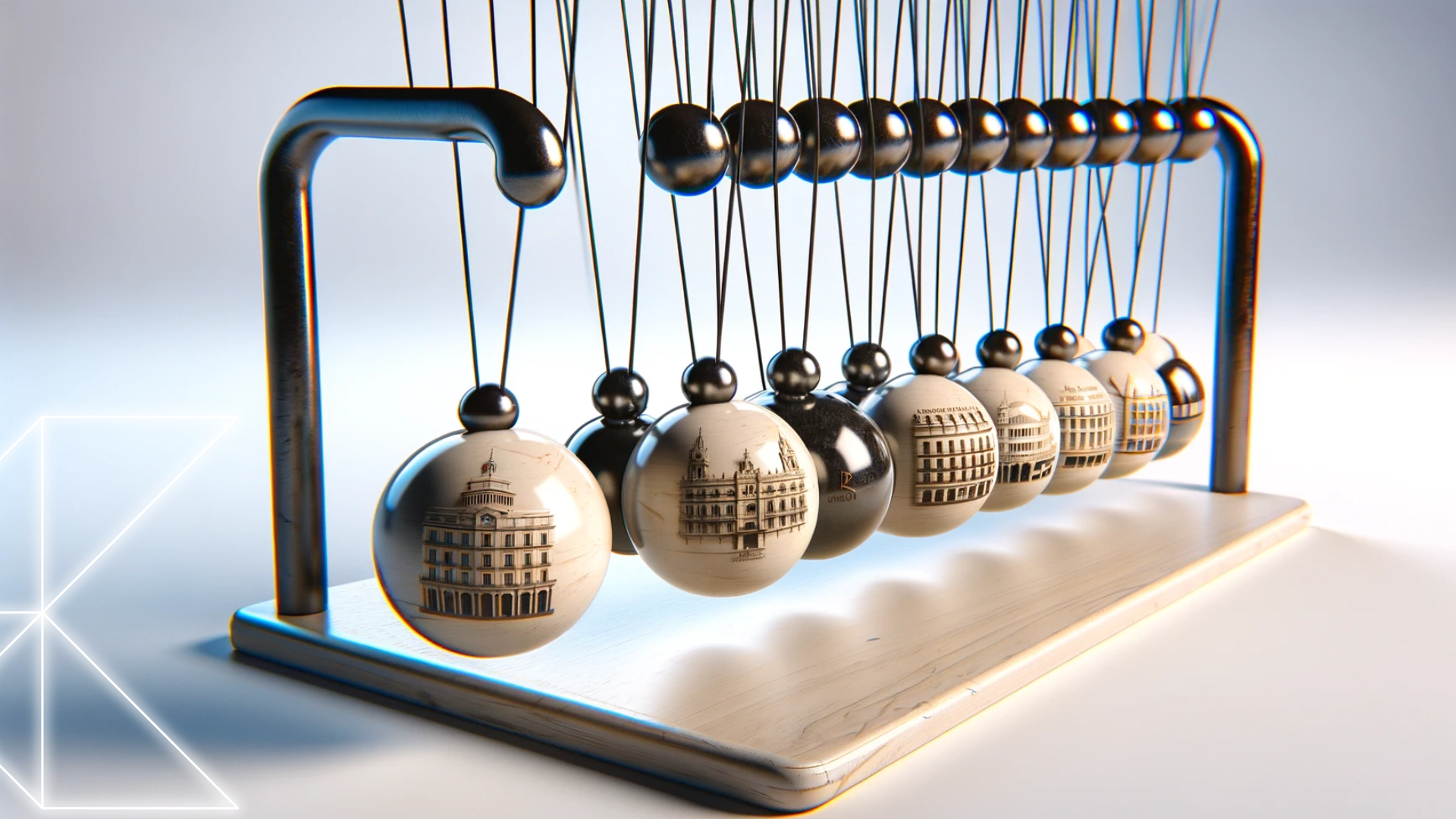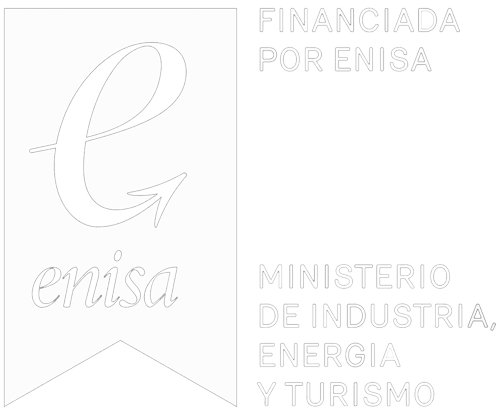Improve the Traveler Experience With Email Automation
It is advisable to analyze the possibility of implementing an automated email system that adds value to the traveler and improves their experience in relation to your hotel
One of the challenges hotels face is successfully leveraging and optimizing yield from leads or their CRM. Repeatedly, hoteliers become obsessed with allocating resources to attract a traveler in markets which are complicated and inaccessible to their product. They are engulfed by the idea of searching for “blue oceans” when the best opening, response or conversion ratios are in their own database.
Therefore, to consider optimizing your CRM on travelers who already know your product is one of the advantages of strengthening your email marketing strategy. According to a survey by Forrester Research, email remains one of the most used online media: people invest 80% of their time online in checking their email. And despite the fact that the phenomenon of social media is still standing strong, according to the consulting firm McKinsey, the conversion of email is three times that of social media. As a result, you should connect the need established between the way people travel, the product and the use of this communication medium. This will enable you to take advantage of what is provided through personalized emails when the traveler is sensitive to the reservation.
The success or failure of an automated email marketing is drawn from the obligation to develop an approach that follows a traveler-sensitive model. In order to meet the user’s need, you should consider the following stages so as to structure the emails that you will send them, not only in terms of time, but also of content. The following phases should thus be taken into account:
Pre-Arrival
In this phase, the emails are sent before the traveler arrives. In this type of email, focus on sending information regarding your hotel, accessory services, or your hotel’s loyalty program. This will be reinforced during their stay, not only through email but with items in the room or with a reminder from the receptionist as well. In order to carry out this phase in specific emails, it’s advised to consider these types of mailings:
At the time of booking
-
Confirmation email. The confirmation email ensures and reinforces the idea to the client that their reservation has been successful. A suitable and cordial message that allows the traveler to get in touch with your hotel to solve any doubts or questions they may have.
Three weeks before arrival
- Experience planning. It can be very useful to send an email before the arrival to help plan the customer’s trip. This email can include schedules, events, special activities or even services that they can hire before arriving to your hotel.
One week before arrival
- Trip Information. When the trip approaches, it might be interesting to provide guests with information about the location with regards to the means of transport, weather, or which features could be useful to enjoy a pleasant holiday during their stay.
Stay.
Once guests arrive at your hotel, the range of possibilities is broadened, due to the Smartphone beginning to play a substantial role.
Check-In
-
Welcome email. You can leave a very good impression by welcoming the traveler to your establishment with a specific welcome email. It’s recommended to provide information such as the Wi-Fi password, a schedule of your hotel’s facilities and, when available, internal communication tools to contact hotel staff.
During the stay
- Special offers. It’s recommended to inform clients about current offers of services available at your hotel or the destination.
- Reminders. This type of message can be of interest to hotels with activities encouraging participation.
- Invitation to follow us on social media
. Informing travelers about your hotel’s presence on social media can help you increase customer engagement.
Post-Stay.
The relationship established with guests should not end after they leave your hotel. It’s important to design a follow-up of the user with personalized emailing throughout the year, with the purpose of adding value to the moments travelers make booking decisions.
Check-Out
-
Thank you email. It’s important to let travelers know you’re thankful via email as well. In addition, this is also an excellent opportunity to invite them to join your hotel’s loyalty program, if you have one.
Three days after stay
-
Satisfaction survey. Whether you want to collect reviews on Tripadvisor or your own booking system, it’s important to you that travelers write their opinion regarding their experience with your hotel and for you to listen to them. This is also a fundamental exercise of empathy towards the traveler.
Throughout the year
-
Birthday wishes. A classic amongst e-mails. It can be of interest to operate along similar lines to strengthen your brand image at key moments to the traveler.
-
Insider information. It’s important for you to know what you can do via email to make the traveler feel unique. By sending a special discount, a limited offer, or a gift available only for Premium guests, you can establish a significant relationship of trust with guests.
Posing an automated planning of emails will facilitate giving guests a better service, providing a differential value, and making them feel accompanied throughout every phase. The investment is not excessively expensive, and the results are fully quantifiable.
